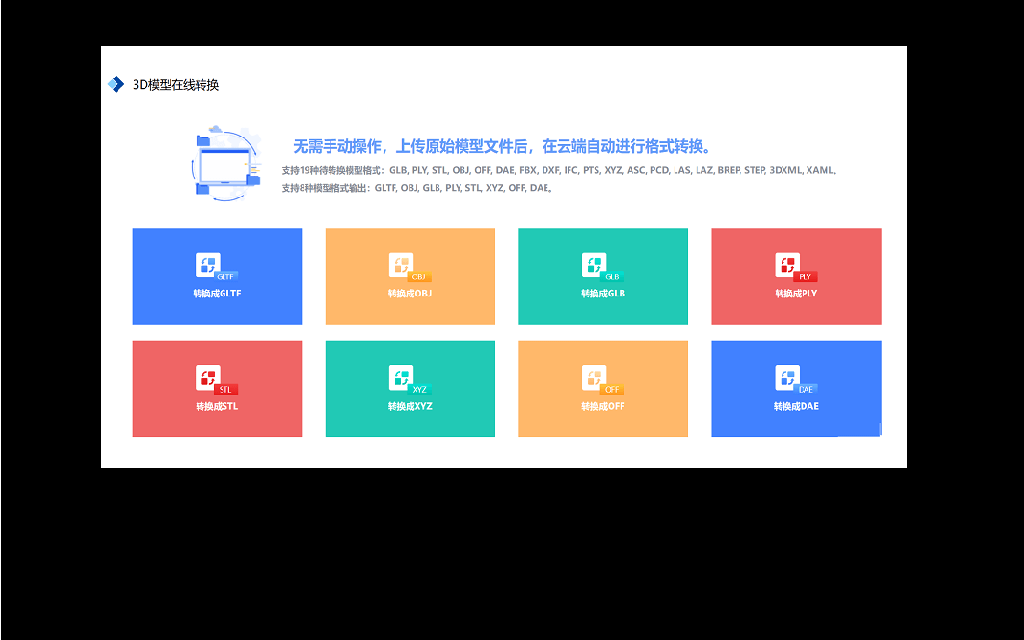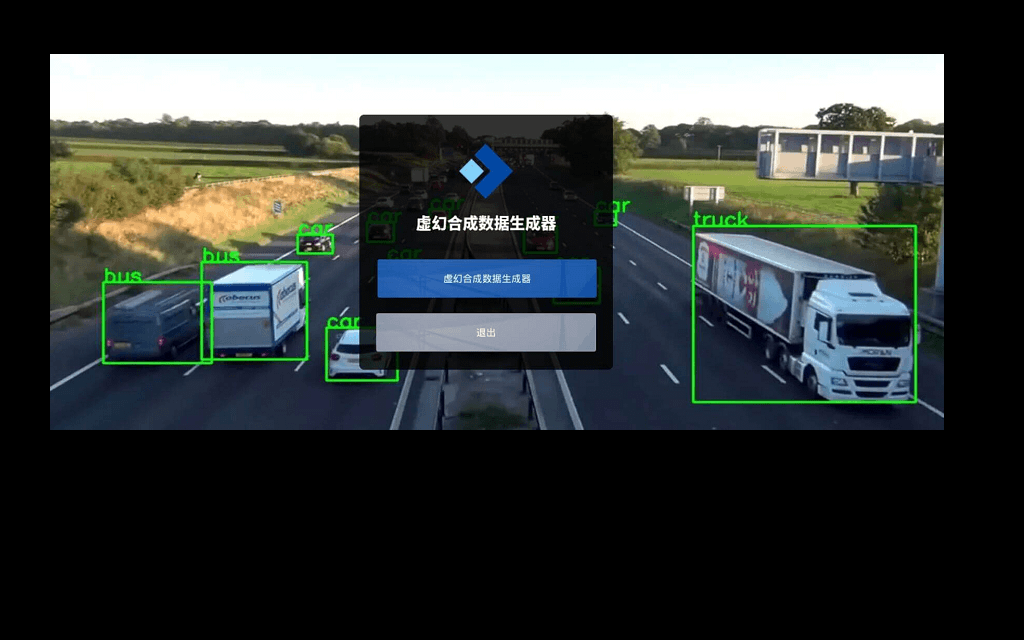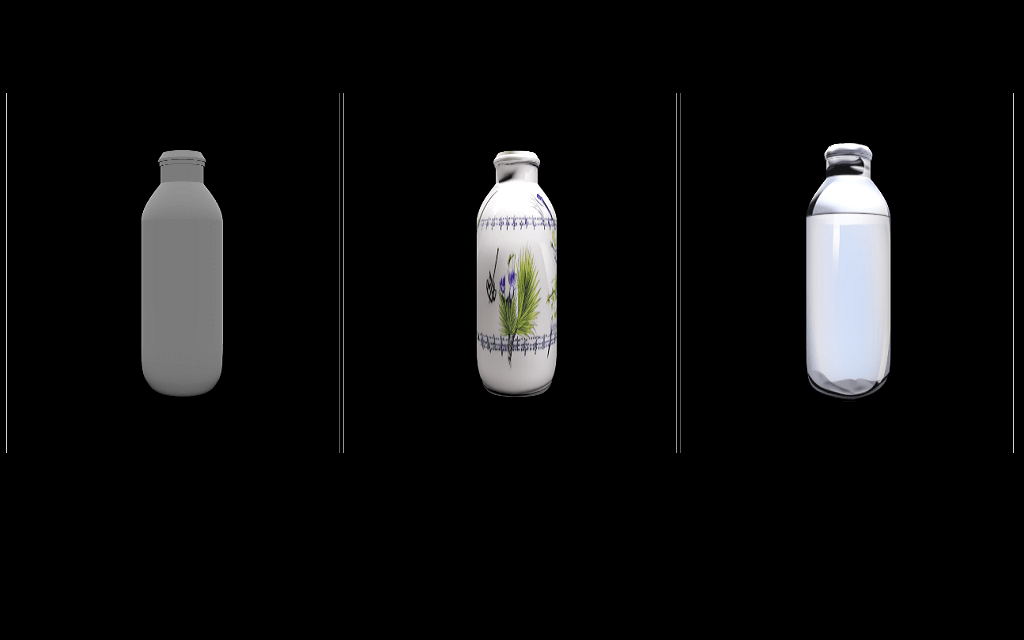Chill Watcher
consider deploy on:
- huggingface inference point
- replicate api
- lightning.ai
platform comparison
all support autoscaling
| platform | prediction speed | charges | deploy handiness |
|---|---|---|---|
| huggingface | fast:20s | high:$0.6/hr (without autoscaling) | easy:git push |
| replicate | fast if used frequently: 30s, slow if needs initialization: 5min | low: $0.02 per generation | difficult: build image and upload |
| lightning.ai | fast with app running: 20s, slow if idle: XXs | low: free $30 per month, $0.18 per init, $0.02 per run | easy: one command |
platform deploy options
huggingface
- requirements: use pip packages in
requirements.txt init()andpredict()function: usehandler.py, implement theEndpointHandlerclass- more: modify
handler.pyfor requests and inference and explore more highly-customized features - deploy: git (lfs) push to huggingface repository(the whole directory including models and weights, etc.), and use inference endpoints to deploy. Click and deploy automaticly, very simple.
- call api: use the url provide by inference endpoints after endpoint is ready(build, initialize and in a "running" state), make a post request to the url using request schema definied in the
handler.py
replicate
- requirements: specify all requirements(pip packages, system packages, python version, cuda, etc.) in
cog.yaml init()andpredict()function: usepredict.py, implement thePredictorclass- more: modify
predict.py - deploy:
- get a linux GPU machine with 60GB disk space;
- install cog and docker
git pullthe current repository from huggingface, including large model files- after
predict.pyandcog.yamlis correctly coded, runcog login,cog push, then cog will build a docker image locally and push the image to replicate. As the image could take 30GB or so disk space, it would cost a lot network bandwidth.
- call api: if everything runs successfully and the docker image is pushed to replicate, you will see a web-ui and an API example directly in your replicate repository
lightning.ai
- requirements:
- pip packages are listed in
requirements_lightning.txt, because some requirements are different from those in huggingface. Rename it torequirements.txt - other pip packages, system packages and some big model weight files download commands, can be listed using a custom build config. Checkout
class CustomBuildConfig(BuildConfig)inapp.py. In a custom build config you can use many linux commands such aswgetandsudo apt-get update. The custom build config will be executed on the__init__()of thePythonServerclass
- pip packages are listed in
init()andpredict()function: useapp.py, implement thePythonServerclass. Note:- some packages haven't been installed when the file is called(these packages may be installed when
__init__()is called), so some import code should be in the function, not at the top of the file, or you may get import errors. - you can't save your own value to
PythonServer.selfunless it's predifined in the variables, so don't assign any self-defined variables toself - if you use the custom build config, you should implement
PythonServer's__init()__yourself, so don't forget to use the correct function signature
- some packages haven't been installed when the file is called(these packages may be installed when
- more: ...
- deploy:
pip install lightning- prepare the directory on your local computer(no need to have a GPU)
- list big files in the
.lightningignorefile to avoid big file upload and save deploy time cost - run
lightning run app app.py --cloudin the local terminal, and it will upload the files in the directory to lightning cloud, and start deploying on the cloud - check error logs on the web-ui, use
all logs
- call api: only if the app starts successfully, you can see a valid url in the
settingspage of the web-ui. Open that url, and you can see the api
some stackoverflow:
install docker:
- https://docs.docker.com/engine/install/ubuntu/#set-up-the-repository
install git-lfs:
- https://github.com/git-lfs/git-lfs/blob/main/INSTALLING.md linux:
curl -s https://packagecloud.io/install/repositories/github/git-lfs/script.deb.sh | sudo bash
sudo apt-get install git-lfs


